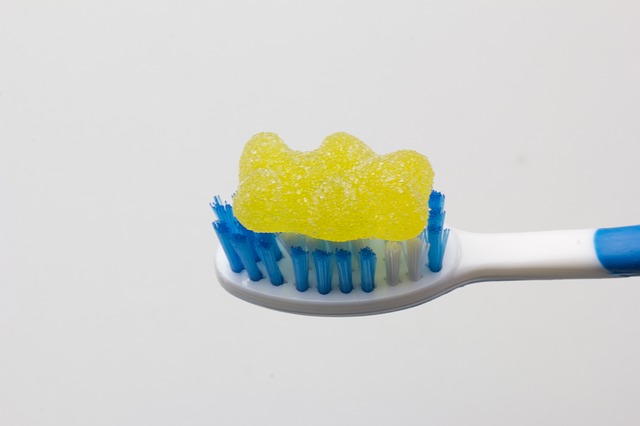When you watch films about past centuries, there is one detail that can never be right: the teeth. In the Middle Ages or in the Wild West, people actually had many more gaps between their teeth. Even here in Europe they say that tourists from Germany in poor countries like Portugal in the 1970s saw a lot of young people who sadly were missing countless teeth. The reason for this was always caries and a lack of medical care. But what exactly is caries? Is it a single bacterium with which you get infected and then your teeth break?
How does caries develop?
In the last century, doctors initially thought that tooth decay could be caused by lactobacilli, which react with the carbohydrates in saliva to attack the surface of the teeth. Therefore, it was said at that time that parents should not give their children anything pre-chewed. Otherwise the bacteria would spread in their mouth.
However, the expert for oral surgery Berlin explained to us that this is not quite true. Caries develops in a much more complex way. Basically, it is about promoting a selective oral flora by allowing people to eat unbalanced food.
In reality, there is a bacterium in the mouth that is considered the most dangerous caries pathogen: Streptococcus mutans. This bacterium is found in almost every oral flora. Even children will pick it up sooner or later, whether with or without parents.
The question of whether it then develops into caries is the result of a combination of several factors. On the one hand, it is true that every person has different levels of enamel for genetic reasons. This means that a certain concentration of bacteria in person A has no consequence whatsoever, while person B gets damage to the tooth.
In addition, there is the question of how many of these bacteria live permanently in the mouth. This number is controlled by nutrition. Streptococcus mutans, for example, is a classic sugar-eater. No complex carbohydrates, but the really pure sugar. Normally only a very small number of them are formed in the mouth. However, if you eat a very one-sided diet and consume a lot of sugar, you promote its reproduction over time. At the same time, the bacteria in the mouth, which fight Streptococcus mutans with their toxins, are reduced. Simply because they are starved for lack of nutrients.
Sugar is deposited on the teeth like a film. There, in turn, the bacteria can settle down like a cow in the pasture. The excretion products release acids which then slowly destroy the teeth.
How to prevent caries?
Eating little sugar is half the battle. And if you do, brush your teeth immediately after 30 minutes to rub the sugar film off your teeth. But most important is flossing. In most cases caries develops between the teeth. The brush cannot reach the food leftovers there. And so caries works its way from the side to the inside. This can only be seen by x-ray or only noticed when it is much too late. Only dental floss can successfully remove such residues from the spaces between the teeth. It is the best way to never get caries.
